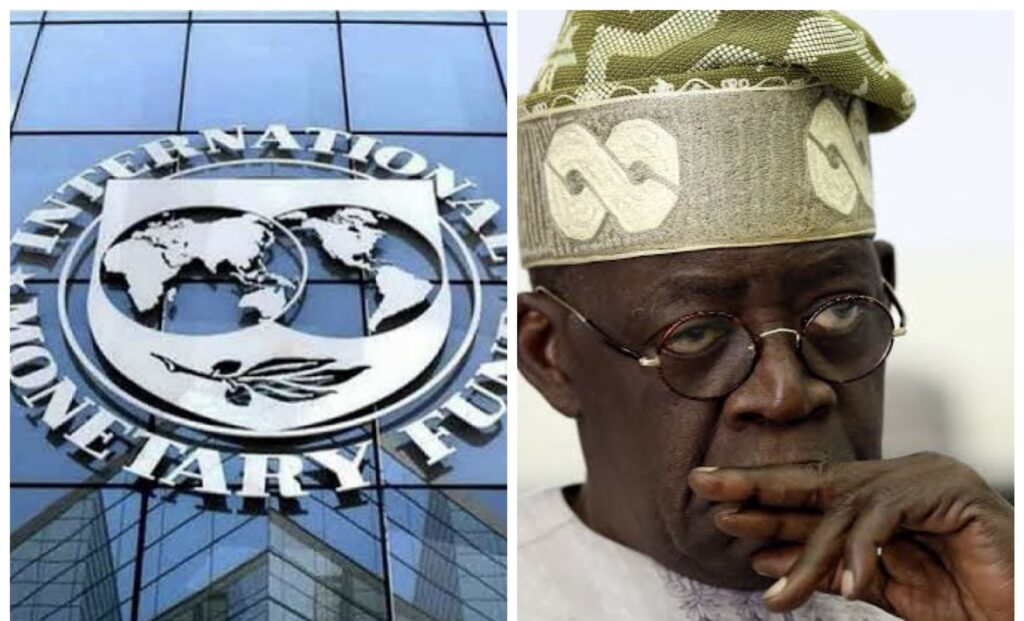
The International Monetary Fund (IMF) has highlighted ongoing challenges with Nigeria’s economic reforms, indicating that 18 months after their implementation, the reforms have yet to yield significant positive results.
The latest IMF regional outlook for sub-Saharan Africa, presented at the Lagos Business School by Deputy Director Catherine Patillo, underscores Nigeria’s underperformance in key economic indicators compared to its regional counterparts.
Economic Growth Below Regional Average
While the region’s average economic growth rate for 2024 is projected at 3.6%, Nigeria’s growth rate stands at 3.19%, falling short of the average. Patillo noted that macroeconomic imbalances are improving in many African countries, citing notable progress in Côte d’Ivoire, Ghana, and Zambia. However, Nigeria was excluded from the list of countries achieving these gains.
Persistent Inflation and Exchange Rate Instability
The IMF report emphasized that inflation remains a significant challenge in Nigeria. The country’s inflation rate, currently at 33.8%, is far from the 2024 target of 21%. After a brief slowdown in mid-2024, inflation resumed its upward trend in September and October, with analysts predicting further increases through the year-end.
In contrast to other nations where foreign exchange pressures have eased, Nigeria has experienced severe exchange rate instability and local currency depreciation, further complicating its economic recovery.
Debt Burden and Fiscal Challenges
Nigeria’s debt servicing obligations also weigh heavily on its fiscal stability. The report revealed that interest payments absorb a substantial portion of government revenue, with Nigeria being one of the countries where this burden exceeds 15% of total revenue. This has significantly constrained resources available for development spending.
Broader Regional Context
The report painted a mixed picture for sub-Saharan Africa. While countries like Ghana, Botswana, and Senegal are expected to see improved growth due to resource exports and macroeconomic stability, resource-intensive countries such as Nigeria continue to struggle. Political and social resistance further hampers the implementation of reforms.
IMF Recommendations
The IMF called for a strategic rethink in reform implementation, urging governments to focus on communication, public engagement, and trust-building to gain support for pro-growth policies. It highlighted Ethiopia, Ghana, Kenya, and Nigeria as nations where deep reforms are underway, despite significant social and political challenges.
The IMF advised Nigeria to adopt measures aimed at fostering public support for reforms, including compensatory programs and enhanced transparency in governance.
Outlook for Nigeria
The IMF outlook for Nigeria remains cautious, with the nation grouped among those experiencing “adjustment fatigue.” While some African countries are positioned for economic recovery, Nigeria must address persistent challenges in inflation, exchange rate stability, and debt management to achieve sustainable growth.